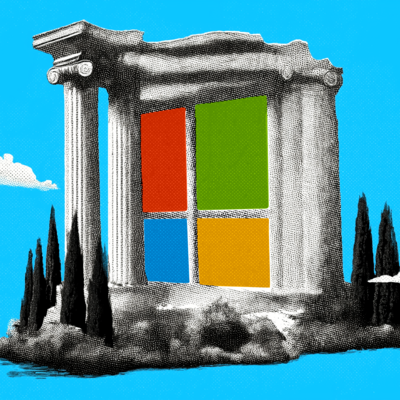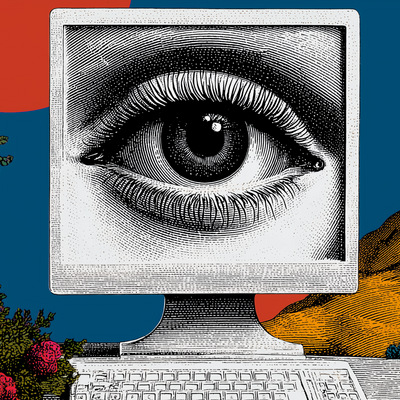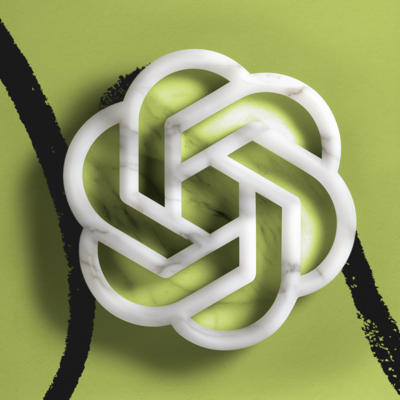
Apparently, no one knows how to write a call to action at Google.
On Wednesday, the company launched its newest language model, Gemini, which purportedly beats GPT-4 on some benchmarks. Awesome! Except there was no easy link to try it. Most companies put a giant TRY NOW button at the top of their product announcements, but not Google.
Instead, I had to swim in the corporate blog post version of the Great Pacific Garbage Patch trying to find a goddamn way to actually use the thing. It was easier to cancel my gym membership than to get access to its chatbot.
After consulting a douser (err, my friends on X), I found a sentence in the post that explained that while Gemini is available in Bard—Google’s ChatGPT competitor—immediately, its most performant version—the one that beats GPT-4—won’t be out until next year. Daddy Googs giveth, and Daddy Googs taketh away.
Without the option of being able to try it, I read all the content and watched the videos so you don’t have to (only because that is literally my job)—and lo and behold, hallelujah, there’s some interesting stuff.
Gemini can do scientific research. It was able to scan through 200,000 papers published in the last few years, figure out which ones contained relevant new science, extract the findings, and construct a review paper with what it learned. It’s also very good at coding, and it has a neat UI that builds bespoke software experiences as you chat with it. It can do these things better than previous versions because it has an enhanced ability to plan tasks in advance.
We’ll see how it goes when the most capable version is released, but Gemini raises an interesting question:
Does Bard have a future as a destination chatbot? It almost certainly has a future in the context of other Google products. In other words, as long as I’m using Gmail or typing searches in Chrome, I’ll use Bard because it will be built in.
But will I, or anyone else, go to Bard by choice? Right now, I do that with ChatGPT and Claude. Do I have room for one more? Ten? How many chatbots will become destinations? Let’s unpack.
Why Bard could succeed
The Only Subscription
You Need to
Stay at the
Edge of AI
The essential toolkit for those shaping the future
"This might be the best value you
can get from an AI subscription."
- Jay S.
Join 100,000+ leaders, builders, and innovators

Email address
Already have an account? Sign in
What is included in a subscription?
Daily insights from AI pioneers + early access to powerful AI tools










Comments
Don't have an account? Sign up!